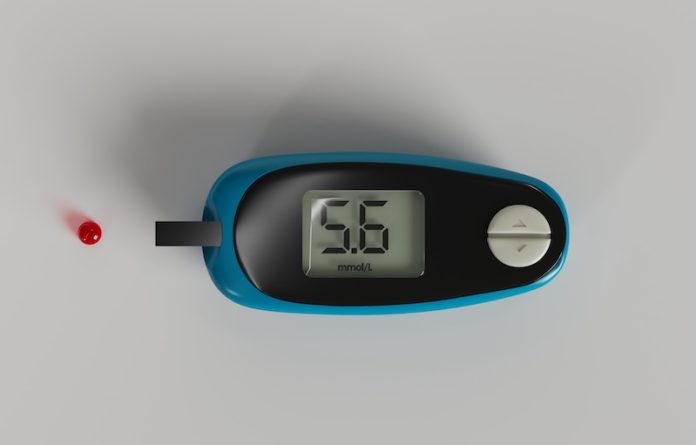
For decades, sulfonylureas and basal insulin have been go-to second-line treatments for type 2 diabetes when initial metformin therapy is ineffective or poorly tolerated.
However, a groundbreaking study from Northwestern University is challenging this conventional practice.
Cardiovascular Concerns Emerge
This study is the first of its kind to closely examine how six primary second-line diabetes drugs impact the heart health of patients with type 2 diabetes who require additional medication.
The results are alarming: patients taking sulfonylureas face a 36% higher risk of cardiovascular events, while those on basal insulin have double the risk compared to patients treated with a newer class of diabetes medications known as DPP-4 inhibitors.
To put these findings into perspective, it means that for every 37 individuals prescribed basal insulin for two years, one is likely to experience a cardiovascular event such as a heart attack or stroke.
For sulfonylureas, this number increases to 103 individuals. With approximately 30 million Americans living with diabetes, the magnitude of this risk is significant.
Section 2: Implications for Diabetes Treatment
These results demand an urgent reassessment of current prescription guidelines. The study suggests that newer classes of antidiabetic medications like GLP-1 agonists, SGLT-2 inhibitors, or DPP-4 inhibitors may represent safer options for second-line treatment after metformin.
However, a substantial barrier remains: cost. Newer medications tend to be more expensive than sulfonylureas, which explains their lower prevalence in prescriptions.
A Wake-Up Call for Healthcare
This study serves as a wake-up call for both the medical community and patients.
While the study was observational and utilized a vast dataset from 132,737 patients initiating second-line diabetes treatment, its findings necessitate a fundamental shift in our approach to diabetes management to mitigate cardiovascular risks.
What Lies Ahead?
Physicians must consider these new findings when making medication recommendations. Simultaneously, addressing the high cost of newer medications is paramount.
Policymakers and healthcare providers must collaborate to ensure that these safer but pricier medications are accessible to all patients, avoiding potential harm to a significant portion of the diabetic population.
This research, led by Matthew O’Brien and published in JAMA Network Open, serves as a compelling call for prioritizing patient safety and underscores the need for immediate action.
People should not have to choose between managing their blood sugar levels and risking severe cardiovascular events. It is time for a change in how we approach type 2 diabetes treatment.
If you care about heart disease, please read studies that herbal supplements could harm your heart rhythm, and how eating eggs can help reduce heart disease risk.
For more information about heart health, please see recent studies that apple juice could benefit your heart health, and results showing yogurt may help lower the death risks in heart disease.
Follow us on Twitter for more articles about this topic.
Copyright © 2023 Knowridge Science Report. All rights reserved.



